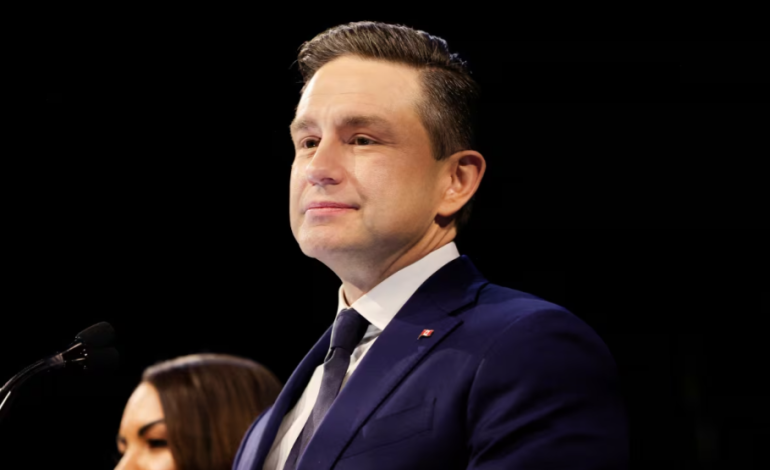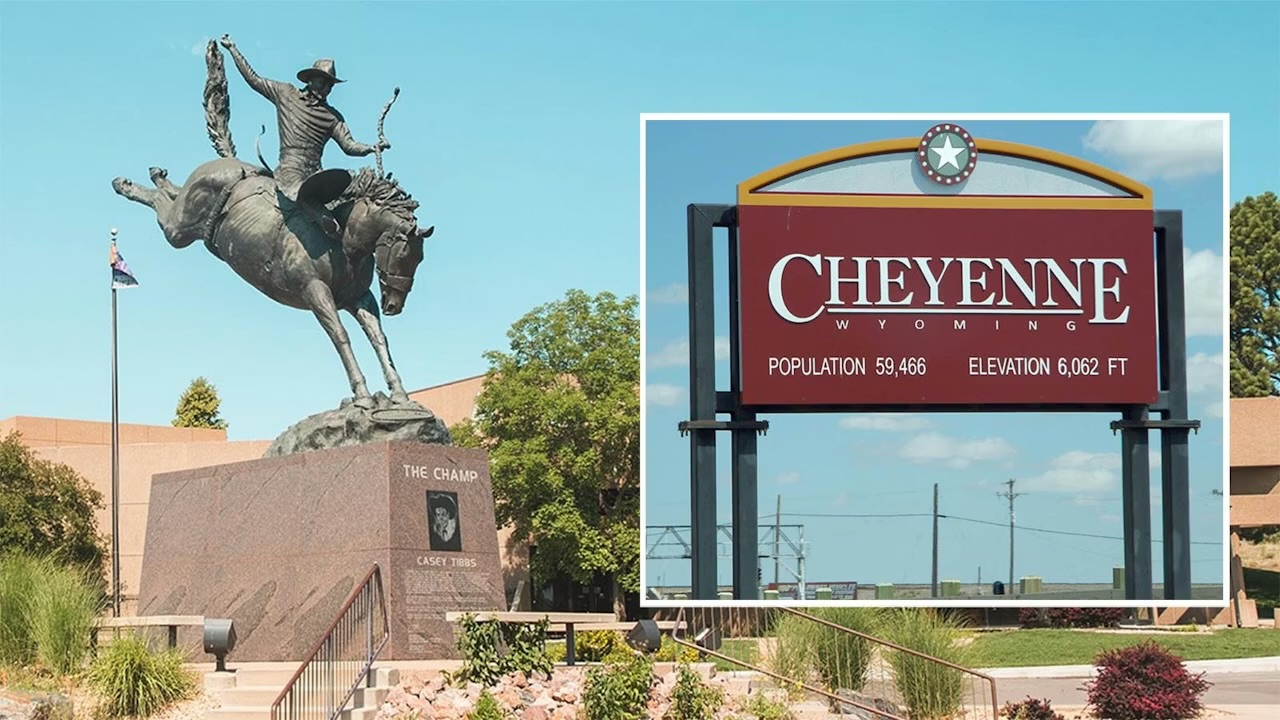Liberals Win Canadian Election Amid US Tensions as Conservative Leader Poilievre Loses Seat

In a dramatic shift of political fortunes, Canada’s Liberal Party has secured victory in the federal election, with Prime Minister Mark Carney leading the party to a significant comeback.
The win follows a campaign heavily influenced by geopolitical tensions with the United States and internal leadership changes within Canada’s major parties.
The vote, held on Monday, saw the Liberals projected to win the most seats in Parliament, though it remained unclear early Tuesday whether they had secured an outright majority or would need to form a minority government with the support of a smaller party. As of the latest count, the Liberals were leading or had won in 168 of the 172 seats required for a majority, with special ballots still being counted.
In a surprising twist, Conservative Party leader Pierre Poilievre lost his seat in his long-held Ottawa district of Carleton, according to projections by the Canadian Broadcasting Corporation. Poilievre’s defeat marks a significant setback for the Conservative Party, which had been ahead in the polls late last year and seemed poised to reclaim power after more than a decade in opposition.
Poilievre’s loss comes after a turbulent campaign season shaped by escalating rhetoric and policy moves from US President Donald Trump. Trump’s announcement of new tariffs on Canadian goods and his provocative suggestion that Canada should be annexed as the 51st US state sparked public outrage across the country. Many political analysts believe the controversy played a crucial role in reshaping voter sentiment.
Prime Minister Carney, a former central bank governor who succeeded Justin Trudeau as Liberal leader earlier this year, emphasized Canadian sovereignty and unity in his victory speech.
“We are over the shock of the American betrayal, but we should never forget the lessons,” he told supporters. “President Trump is trying to break us so America can own us. That will never … ever happen.”
Poilievre, known for his populist style and Trump-like messaging — including adopting the slogan “Canada First” — had been a divisive figure throughout the campaign. While he attempted to make the election a referendum on Trudeau’s leadership, his own alignment with Trumpian policies and rhetoric may have ultimately alienated voters. In his concession remarks, Poilievre acknowledged the outcome and pledged to continue advocating for Canadians:
“We have to learn the lessons of tonight so that we can have an even better result the next time Canadians decide the future of the country.”
Bruce Fanjoy, a community volunteer and environmental advocate, won the Carleton seat for the Liberals. He had previously been viewed as an underdog in a riding Poilievre had held since 2004.
The election outcome suggests growing Canadian discomfort with the rising influence of US political discourse, particularly when it intersects with domestic affairs. Historian Robert Bothwell noted that “Trump talking is not good for the Conservatives,” and others observed that the backlash helped galvanize support for Carney’s message of national independence and social unity.
While the Liberals emerged victorious, the path forward is not without challenges. Canada is facing a cost-of-living crisis, trade pressures, and political uncertainty if the party falls short of a majority. If needed, Carney may seek support from the separatist Bloc Québécois or another smaller party to pass legislation.
The Associated Press, Politico, CBC, and the New York Times contributed to this report.









The latest news in your social feeds
Subscribe to our social media platforms to stay tuned